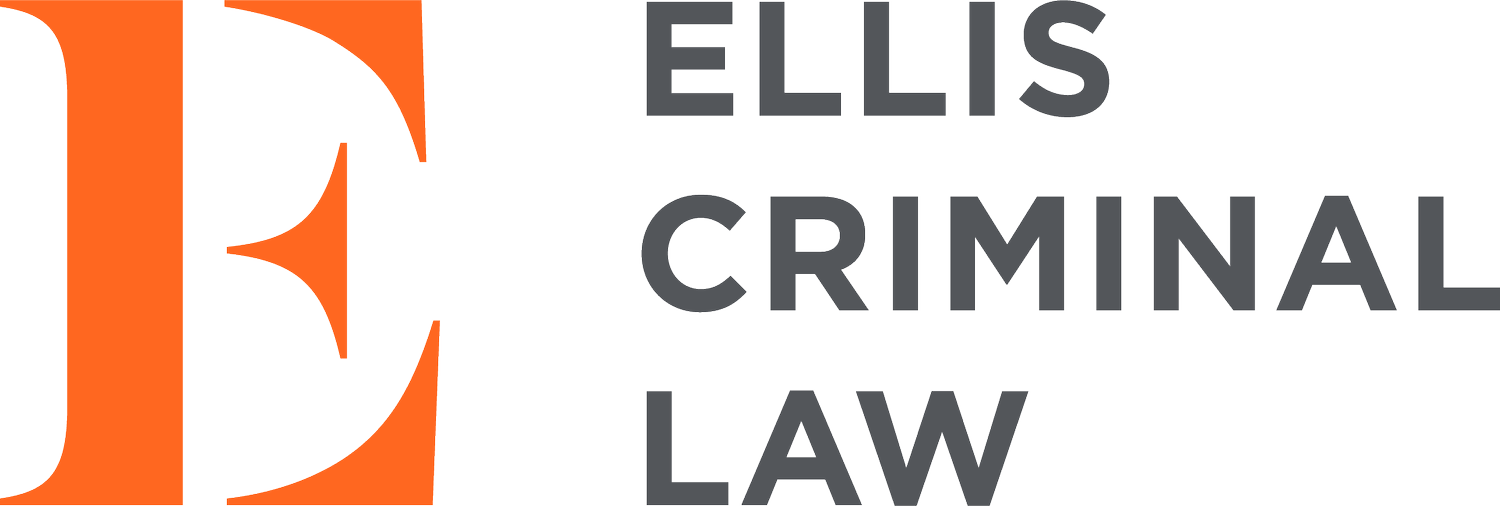What is a pardon and how do I apply for one?
Understanding Pardons in Canada: What They Are and How to Apply
In Canada, a pardon—often called a record suspension — is a vital tool within the justice system. It helps individuals with criminal convictions move forward by separating their judicial record from other criminal records. A record suspension effectively hides your criminal record from public access, ensuring it does not appear in most background checks. While this doesn’t mean your record is erased, it is kept distinct and apart from other records in the Canadian Police Information Centre (CPIC) database, managed by the RCMP.
What Does a Pardon Do?
A record suspension prevents your criminal record from showing up in routine criminal background checks, which can be critical for individuals looking for employment, housing, or educational opportunities. However, it’s important to note that certain exceptions apply. For example, individuals convicted of sexual offences may still have their records flagged in the CPIC system even after receiving a pardon.
Do You Need a Pardon?
Not everyone with a past conviction requires a record suspension. For example, if you received an absolute discharge or conditional discharge, you do not need to apply for a pardon. If your conviction occurred in youth court or youth justice court, you are typically not required to seek a record suspension.
The Process of Applying for a Pardon
The process of obtaining a record suspension involves two key stages:
Preparing Your Application - this initial phase can take anywhere from 3 months to 1 year, depending on the complexity of your case and the availability of required documents (e.g., court records, police checks).
Parole Board of Canada Review - once your application is submitted, the Parole Board of Canada will process and review it. The time required for this stage varies but is generally influenced by the volume of applications they are handling.
Can You Apply for a Pardon on Your Own?
Yes, you can complete the application process yourself, and a lawyer is not required. However, the process can be time-consuming and detail-oriented, requiring careful attention to documentation and compliance with strict guidelines. Errors or omissions can lead to delays or even the rejection of your application. If you feel uncertain about navigating the process or want to ensure your application is accurate and complete, our experienced legal team is here to help.
